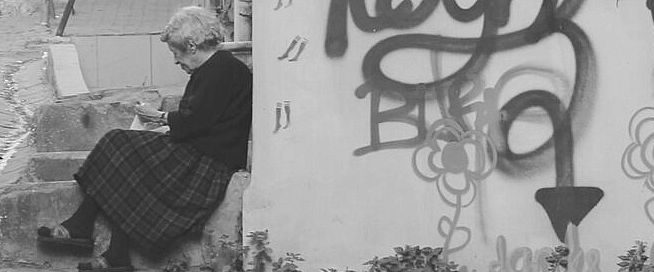University of Kent in Paris, 4 Rue de Chevreuse, 75006 Paris
Co-organisers: Emilie Cloatre (Kent Law School) Olivier Leclerc (CNRS/Centre de Recherches Critiques sur le Droit)
Guest Speakers:
Professor Rosie Harding (University of Birmingham)
Professor Renaud Colson (Université de Nantes)
Professor Emily Grabham (University of Kent)
Dr Rachel Vanneuville (CNRS/Laboratoire Triangle)
Professor John Harrington (Cardiff University)
Professor Pierre Brunet (Université Paris 1 Panthéon-Sorbonne)
Context and purpose
This workshop stems from several observations: first, that socio-legal scholarship as a whole is strongly influenced by both institutional contexts and local scholarly traditions, which has led it to adopt very varied forms across jurisdictions. Second, that this diversity is both an interesting object of study to understand the possibilities and forms of socio-legal research and critique, and an obstacle to some cross-jurisdictional conversations. Third, that this is particularly noticeable and interesting in the context of France and the UK. While socio-legal studies have significantly developed over the past few decades, both in the UK and (though arguably to a lesser extent) in France, cross-channel conversations across relevant communities have remained limited. In addition, the forms that socio-legal scholarship has adopted in those two contexts are strikingly different (see: Renaud Colson, Stewart Field, “Socio-legal Studies in France: Beyond the Law Faculty”, Journal of Law and Society, vol. 43, no. 2, 2016, p. 285-311).
Although various bridges and connections have been made – through common projects, borrowing of ideas, methods or theories, or occasional encounters at conferences or within topic-specific contexts – there has historically been limited efforts to engage more broadly the growing socio-legal communities in France and the UK. Such conversations on a broader scale, however, could be highly interesting at several levels. In spite of shared aspirations, UK socio-legal studies and its French equivalents have developed in very different ways, sharing some theoretical and methodological traditions, while differing in many others. In addition, the institutional settings in which each movement has developed are in stark contrast, which in turn has certainly influenced the shape of scholarship itself. Reflecting on those different contexts, and their influences is useful in a context of continuous pressure on the development and maintenance of interdisciplinary legal scholarship, both in research and teaching.
In this workshop, we want to reflect on those different trajectories, and what they have to tell us about ‘socio-legal studies in context’, but also aim to bring together this scholarly diversity in order to explore ways forward, in terms of collaborations, and in terms of methodological and conceptual explorations. Therefore, this workshop positions itself both as a first step towards a broader set of discussions and as a significant opportunity to reflect on the impact on our own traditions on the forms of knowledge produced.
The workshop has three key aims:
1) To reflect on how different institutional contexts and traditions have shaped socio-legal thought and scholarship in France and the UK
2) To bring together contrasting approaches developed by those traditions
3) To foster future exchange and research across communities in France and the UK and facilitate new collaborations
The workshop will to be based around 4 sessions. In the first three sessions, short papers will be given by keynote speakers, followed by longer questions, discussions and exchange. For the final session, early career scholars (including PhD students) will offer a short overview of their project, with particular attention to the methodological/conceptual approach adopted.
For a full programme, please see here
Please see here for book of abstracts
